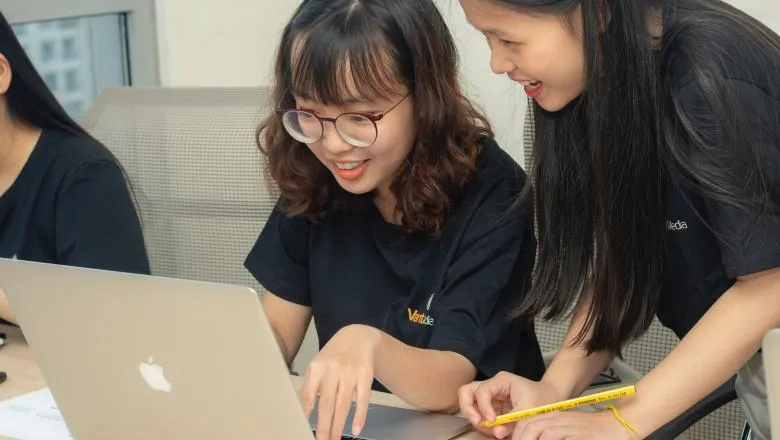Professor Gabriella Rundblad, from King’s College London’s School of Education, Communication & Society, has extensively researched how health messages should be communicated to be effective. Focusing on the case of safe water use, her findings have led to water and health organisations in the US, Australia and Canada making changes to the wording, phrasing and structuring of the advice they disseminate resulting in reduced illness and death.
Through four funded projects, Professor Rundblad has devised and tested a new technique known as ‘cognitive discourse analysis’ which focuses on the link between explicit language construction, intended meaning and audience comprehension. Her research has highlighted the importance of consistency in use of terms, and the need to explain why particular measures must be taken and what will happen if measures are not heeded.
For instance, the inclusion of the term ‘unknown’ in communication messages resulted in significantly less trust in the content of such statements, while including words that in scientific contexts might be felt to be neutral – such as ‘contaminant’ – reduced the public’s adherence to health advice due to their different, often scary, everyday meaning.
These insights and more specific findings from her research have directly fed into the construction of guidance by water authorities.
During a Legionella outbreak in Arkansas in 2018, the local water company Central Arkansas Water used Professor Rundblad’s research to create new consistent messaging, particularly taking note of her findings regarding choice of words, the use of explicit instructions and the quantification of risks. Seeing that the Legionella bacteria are spread through droplets and can cause Legionnaires’ disease (a kind of pneumonia with a high mortality rate), this new messaging was instrumental in managing the public’s reaction to the threat and preventing Legionella-caused mortalities.
In Australia, the New South Wales Health Water Unit used Professor Rundblad’s research to inform the development of risk protocols, which are critical during times of drought or the seasonal bushfires, such as the devastating wildfires of early 2020. Along with the new protocols, the development of an alert template based on the study has contributed to preventing illness from waterborne diseases.
Building on her research findings and longstanding experience of working with a wide range of stakeholders, Professor Rundblad teamed up with Dr Chris Tang during the COVID-19 pandemic to address how to communicate with ethnic minorities who are hard to reach due to reliance on oral information in their dominant language.
Dr Tang led an ESRC rapid response project that developed the concept of linguistic and cultural mediation to build public understanding about coronavirus among Sylheti-speaking Bangladeshis in the UK, which was followed by two impact outreach projects. First, the team designed and conducted a training course with Dr Farhana Rahman (GP) on communication strategies for the Asian Resource Centre Croydon to boost the vital outreach work involving their network of "health champions" and "family guides" supporting Croydon’s diverse population. Next, the CoronAwareness project, which focussed specifically on speakers of Sylheti, Pahari and Pashto, produced two animated videos, a series of videos with local GPs as mediators of advice on how to reduce COVID-related risk, and guidelines for English-speaking health professionals and key workers.


